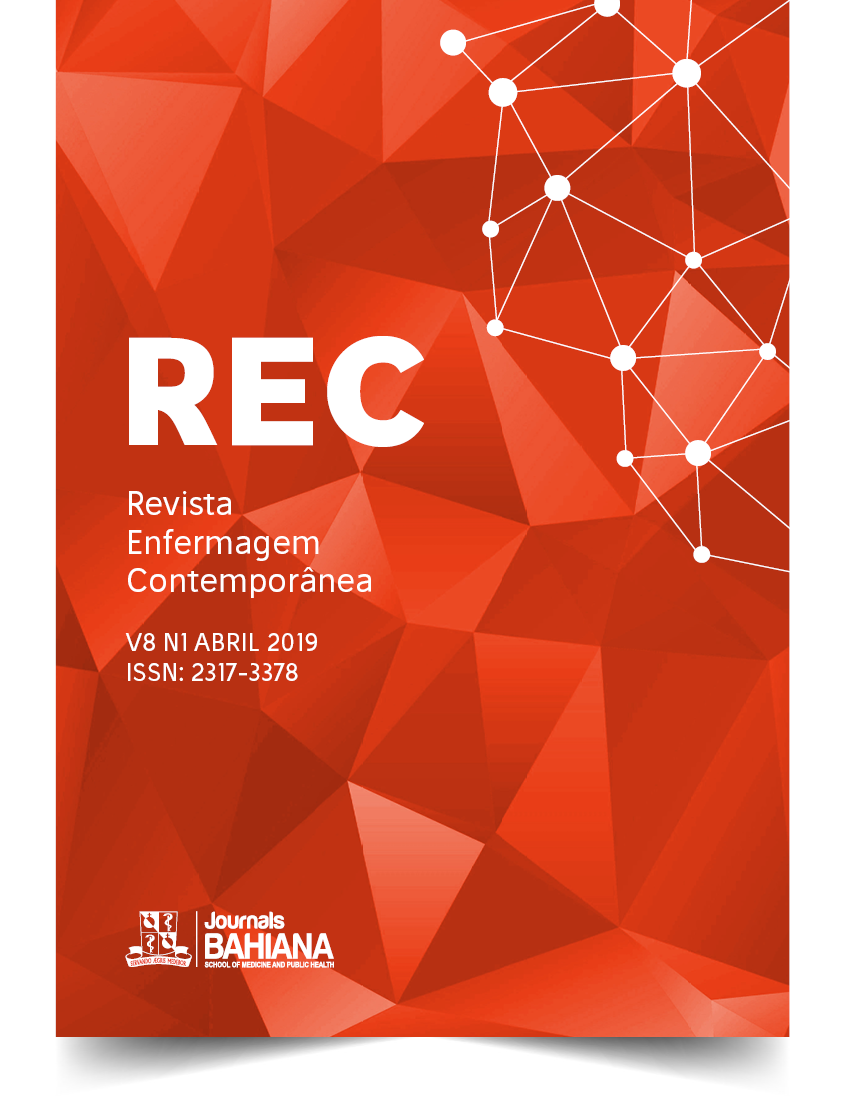Estresse Pós-Traumático relacionado ao trabalho em trabalhadores de transporte coletivo no Brasil
DOI:
https://doi.org/10.17267/2317-3378rec.v8i1.1821Palavras-chave:
Estresse Pós-Traumático. Transtornos mentais. Doenças profissionais.Resumo
OBJETIVO: Descrever as notificações de Estresse Pós-Traumático relacionado ao trabalho em trabalhadores do transporte coletivo urbano. MÉTODO: estudo descritivo, de casuística, realizado com base nos dados do Sistema de Informação de Agravos de Notificação. Para calcular e organizar os dados, foram utilizados os programas Excel® e Stata versão 12, sendo estimadas frequências absolutas e relativas por biênio e variação percentual no período estudado. A completude dos dados foi analisada por meio da categoria ignorada, presente nas variáveis escolaridade, raça, emissão de CAT e evolução do caso. RESULTADOS: Verificou-se que no período de 2008 a 2013, o Estresse Pós-Traumático foi o agravo mais frequente entre os transtornos mentais relacionados ao trabalho notificados, com cerca de 12,0% (54 casos), em trabalhadores do transporte coletivo urbano no Brasil. Houve crescimento das notificações no período, com variação percentual positiva de +31,2%, com aumento de +33,3% para homens e +25,0% para mulheres. A ocupação de motorista representou 53,7% das notificações, e foi emitida a Comunicação de Acidente de Trabalho em 61,1% dos casos. CONCLUSÃO: a atividade laboral dos trabalhadores do transporte coletivo é desgastante pelas condições de trabalho, o que facilita a ocorrência de eventos traumáticos.



